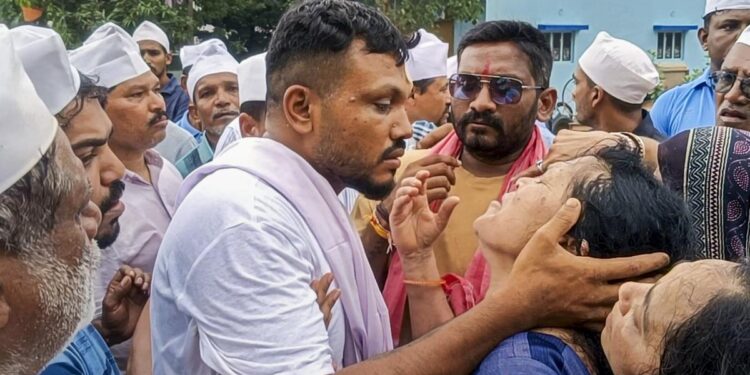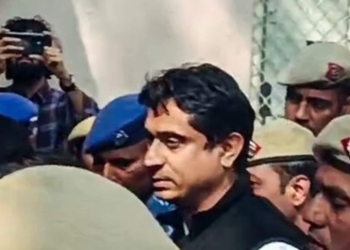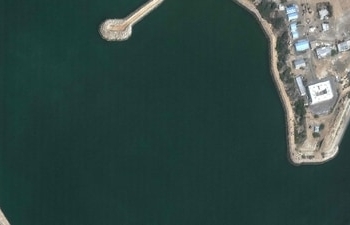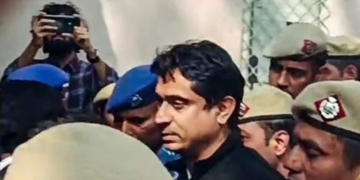On June 12, a Boeing 787-8 Dreamliner operated by Air India (callsign AI 171) crashed shortly after take-off from Ahmedabad, claiming the lives of 241 people onboard as well as 19 individuals on the ground. Among the 242 passengers, only one person survived: Vishwashkumar Ramesh. His brother, Ajaykumar, did not escape the accident.
Ramesh was seated in seat 11A, adjacent to the emergency exit of the aircraft. He managed to evacuate, but continuous trauma, mounting physical pain and heavy financial losses have left his life in deep disarray. Meanwhile his brother’s passing and the collapse of their joint business venture have added to the devastation.
Physical and Emotional Toll
In a recent interview with Sky News, Ramesh disclosed that he endures ongoing knee, back and shoulder pain, as well as burn injuries to his left arm. He revealed, “My wife needs to help me shower.” He described his family’s emotional state as devastated: “I sit alone, I do nothing. I just think about my brother… for me, he was everything.”
Ramesh and his wife and four-year-old son, Divang, live in Leicester, United Kingdom. Despite the child’s presence, Ramesh admits his ability to engage with his son has been deeply impaired: “He’s okay. But I’m not talking properly with him.”
Financial and Practical Hardships
Before the crash, Ramesh and his brother had used all their savings to launch a fishing business in India, travelling frequently between India and the U.K. Since the accident, the business has collapsed, leaving extended family members across both countries without income.
Tata Group–Air India has provided Ramesh an interim payment of £21,500 (approximately ₹21.9 lakh). A spokesperson confirmed that the payment was accepted and transferred. However, Ramesh’s advisors caution that this sum “doesn’t even touch the sides” of what is required for long-term recovery—including ongoing medical care, psychological counselling, help with school-runs and everyday life support.
Call for Human Engagement
Community leader Sanjiv Patel and spokesperson Radd Seiger, who accompanied Ramesh, emphasise that what is needed is more than money. They are calling for Air India’s Chief Executive, Campbell Wilson, to meet directly with Ramesh and other victims’ families, to listen personally and address their concerns.
An Air India spokesperson acknowledged the company’s responsibility: “We are deeply conscious of our responsibility to provide Mr Ramesh with support through what must have been an unimaginable period. Care for him – and indeed all families affected by the tragedy – remains our absolute priority… Senior leaders from across Tata Group continue to visit families to express their deepest condolences.”
Looking Ahead
Ramesh’s struggle highlights the long-term human impact of what initially may have appeared as a miraculous survival. As he faces physical rehabilitation, emotional recovery and the collapse of his business and family structure, support systems now need to move beyond interim payments to sustained, comprehensive help.
For many, the crash remains more than a headline—it has become a lifelong challenge for the one survivor and the families of those who perished.





























